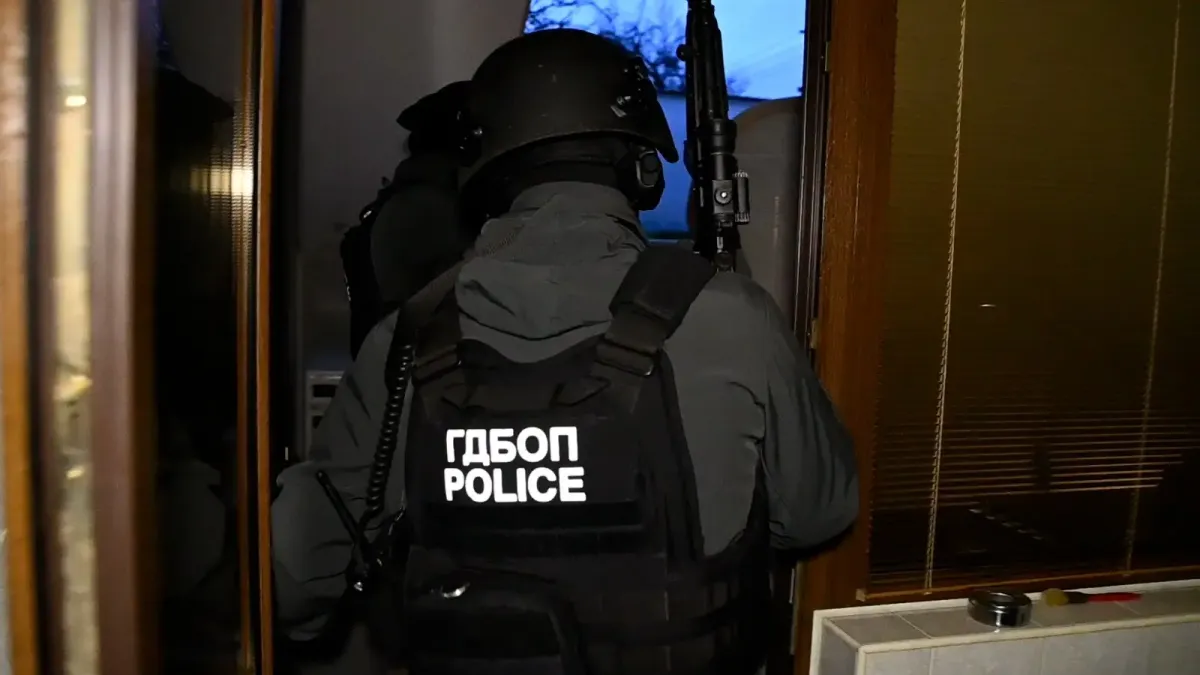
A major criminal network trafficking looted cultural artifacts has been busted by Bulgarian authorities with support from Europol, leading to the arrest of 35 suspects.
The arrests were announced Wednesday by Europol, which said authorities raided a total of 131 homes, vehicles and bank safes across Europe—including 120 locations in Bulgaria, four locations in Greece, three each in France and Germany, and one location in Albania.
In total, authorities seized 3,000 artworks and artifacts in the operation, including antique gold and silver coins worth more than $115 million. Police also seized weapons, documents, electronic equipment, investment gold and nearly $58,000 in cash.
The primary target of Wednesday’s raids, who was not named by authorities, is suspected of financing illegal excavations across Bulgaria and neighboring Balkan countries.
“Local looters, allegedly working for middlemen acting on behalf of the [high-value target], are believed to have been involved in the illicit operations,” Europol said.
The investigation that led to this week’s arrests began after Bulgarian authorities raided a home in 2020 and found about 7,000 cultural artifacts with “inestimable historical and monetary value,” Europol said.
The items seized in that raid were primarily ancient masks and military equipment, jewelry, vases and drinking cups and vessels dating back to ancient Thracian and Greco-Roman civilizations. They have been housed in the Bulgarian National History Museum in Sofia pending further investigation.
Europol noted that The Balkan region is home to invaluable Greek and Roman archaeological artifacts that “have long attracted criminal networks.”
Because of the complexities of the art market, governments often face difficulty in combating illegal excavations and verifying the provenance of cultural and art objects. Europol noted that criminal networks “exploit these gaps” to sell looted artifacts, including those from conflict zones like Syria and Iraq.
Earlier this month, Syria’s Culture Ministry published detailed descriptions and photographs of six artifacts stolen from the National Museum of Damascus during a recent heist while British authorities recently seized 185 Iraqi artifacts as Iraq pushes for the repatriation of items looted from its cultural sites since the U.S. invasion in 2003.
“These criminal actors, often composed of local cells, engaged in looting, theft, and other cells, laundering stolen artifacts through the art market,” Europol said. “The art market's unique vulnerability to criminal activities is exacerbated by high demand from art collectors and those seeking to launder illicit funds.”
Follow along with other art crime stories at Urgent Matter’s art crime tracker.
